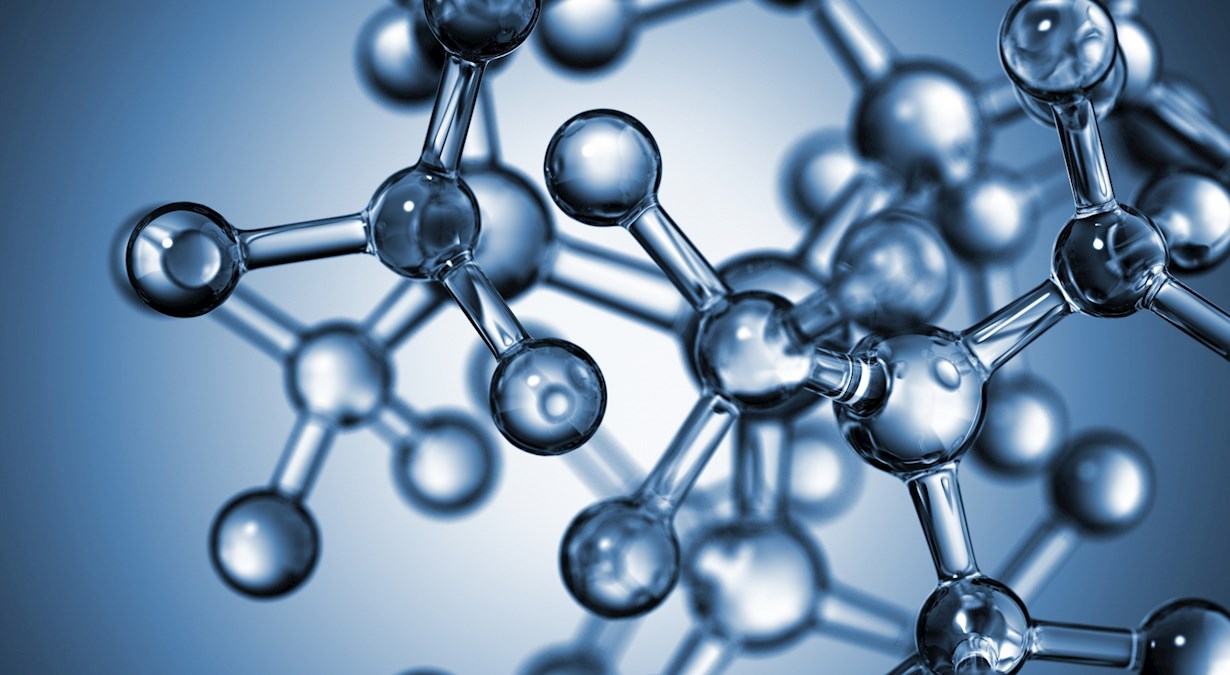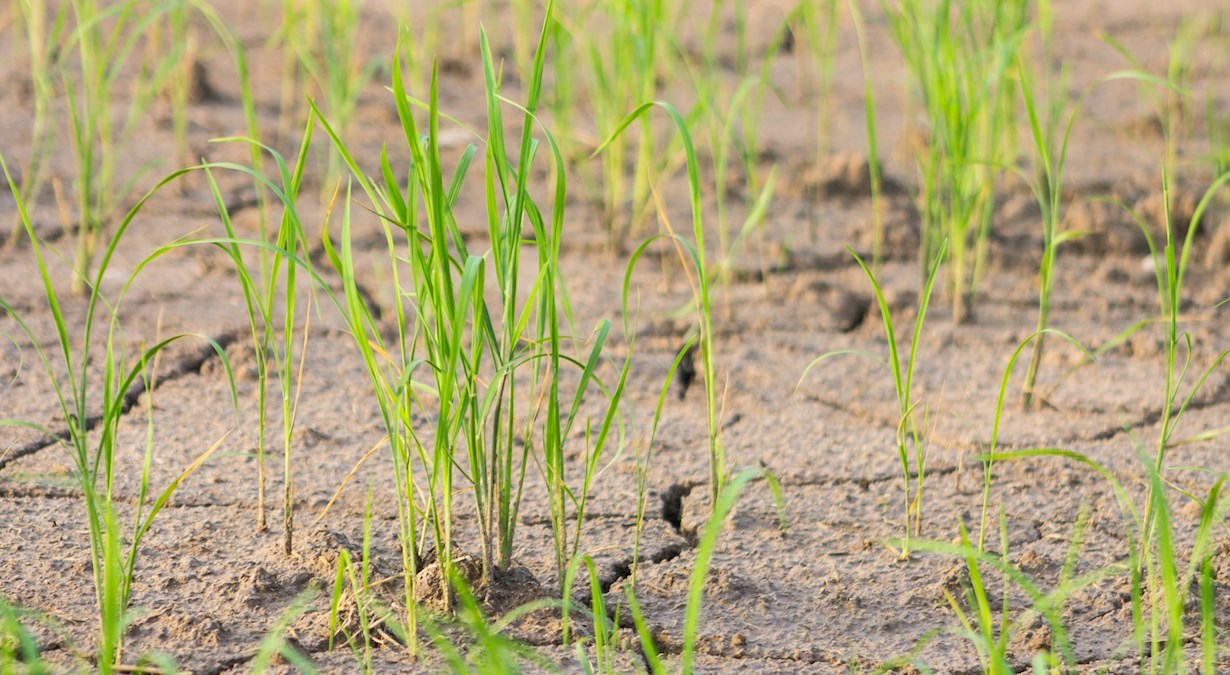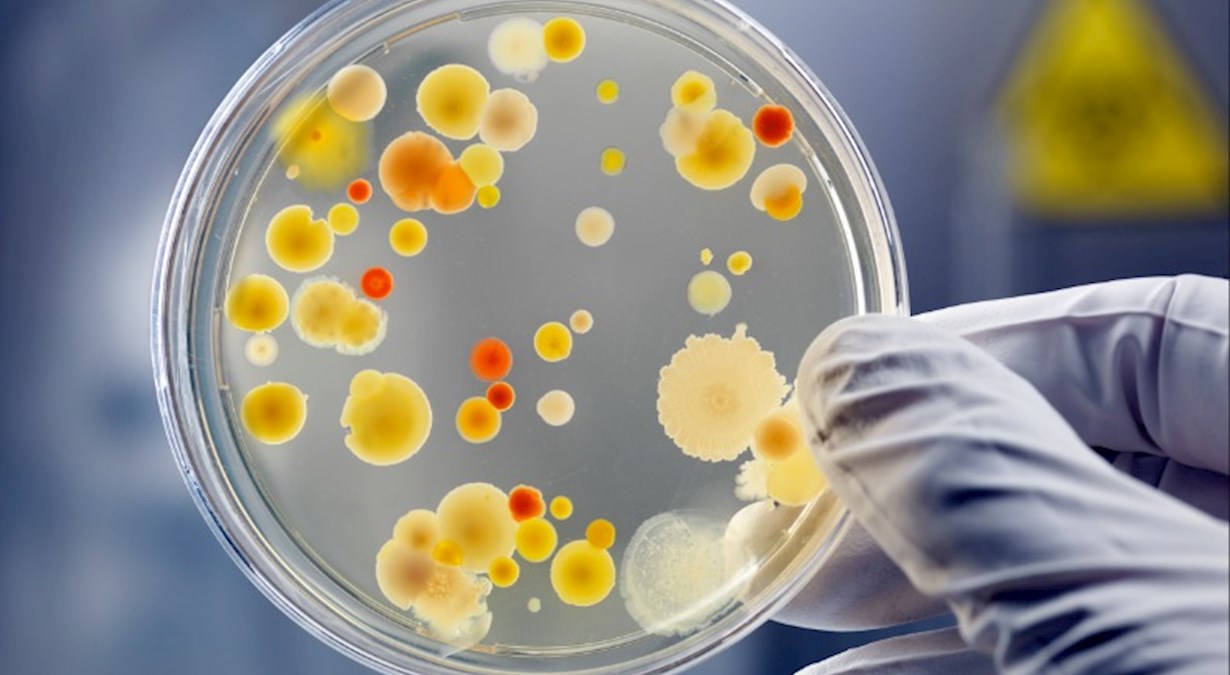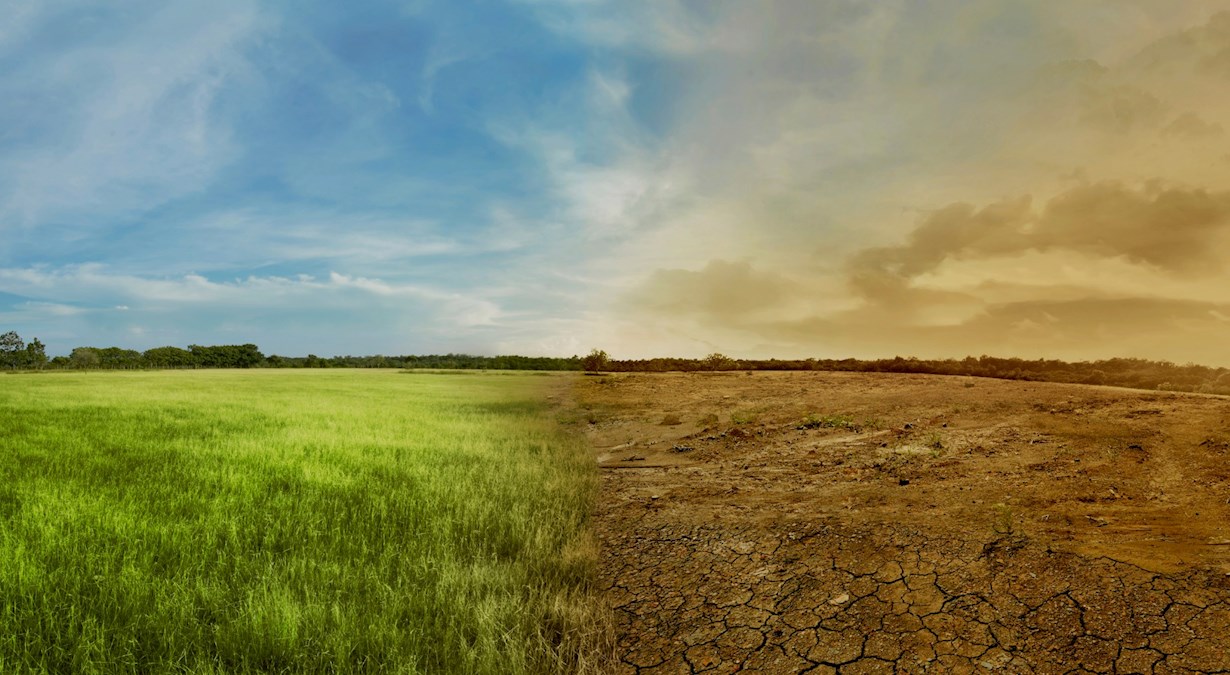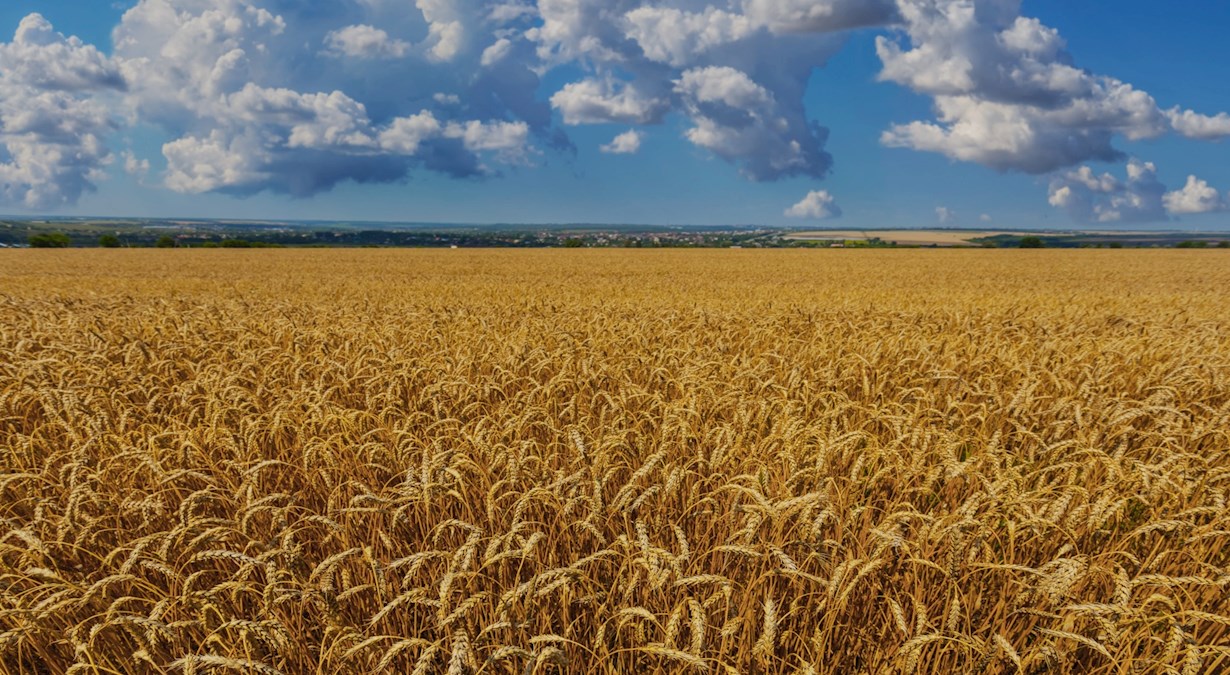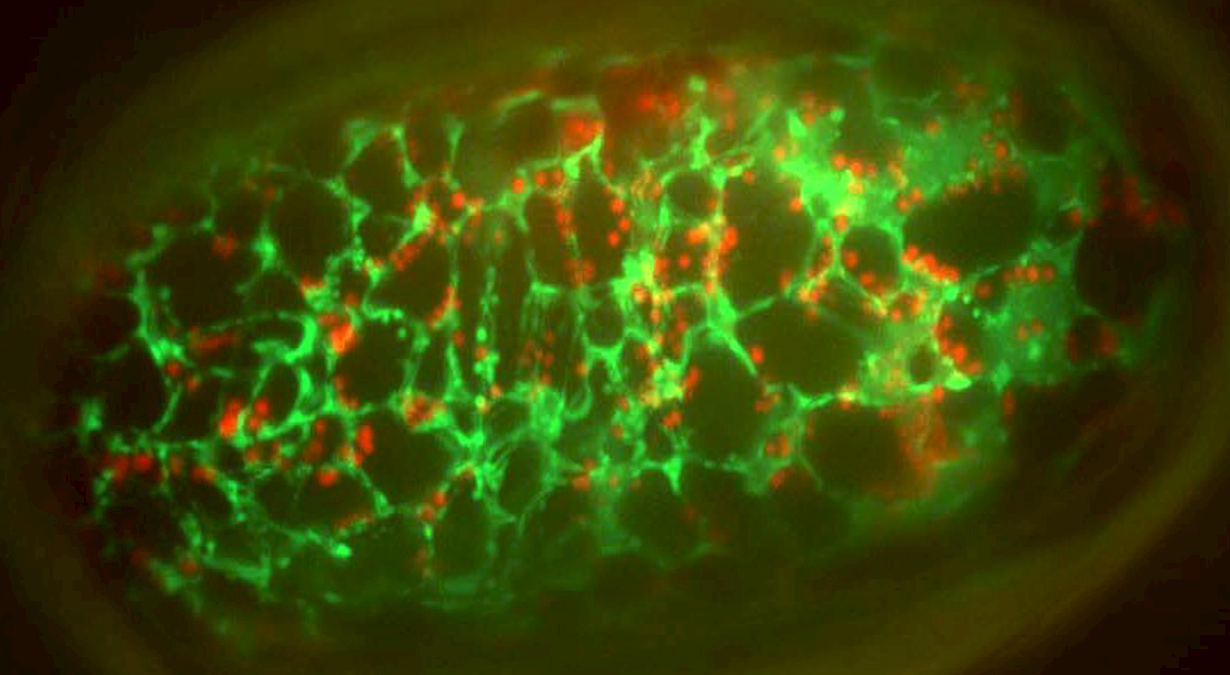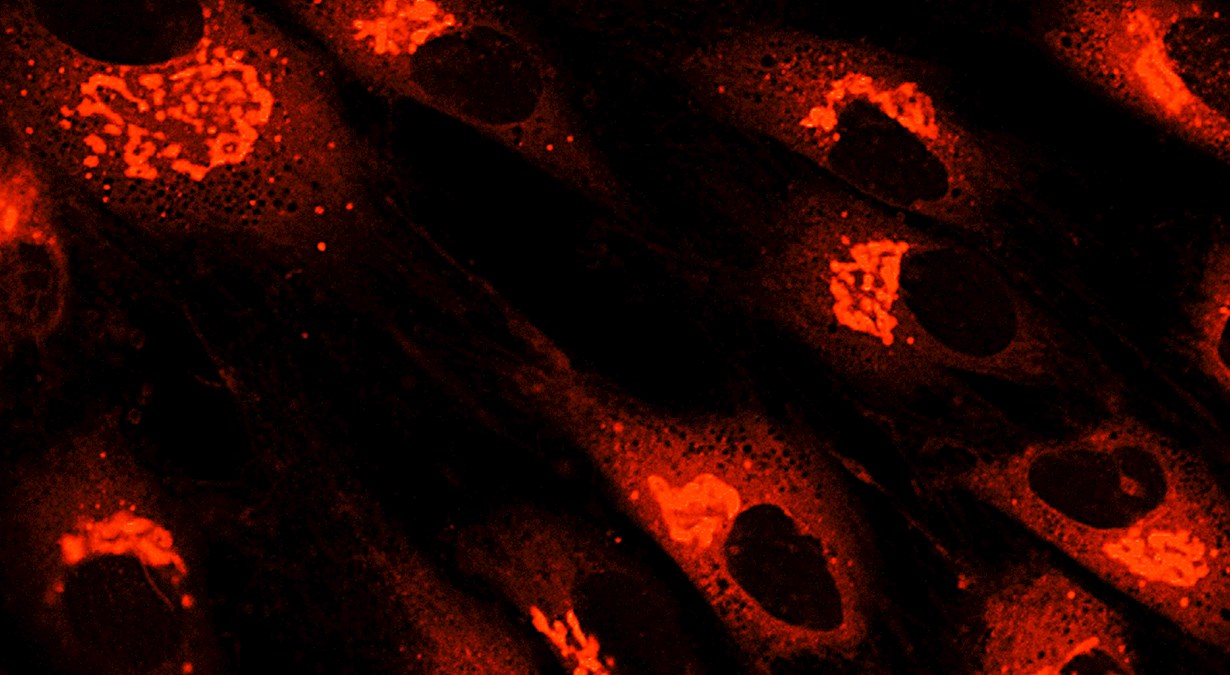
-
Highlights
-
Governance
-
Chancellor
-
Vice-Chancellor
-
Executive
-
History of the University
-
Schools
-
Campuses
-
Complaints
-
Official publications
-
Communications and marketing
-
Working at UWA
PROJECT
Understanding how salinity damages wheat and barley crops
Exploring the cellular effect of salt on crops
Salt tolerance of plants is a complex phenomenon involves morphological and developmental changes as well as physiological and biochemical processes. On exposure to osmotic stress as a result of high salinity, plants accumulate a range of metabolically benign solutes, many of these are N-containing compounds, such as amino acids and amides or betaines, hence nitrogen metabolism is of central importance under saline conditions. Salinity causes major crop losses in both Australia and around the world.
Published reports have revealed that salt stress caused an inhibition of specific enzyme activities while other enzyme activities are enhanced in different plant species under salt stress and these changes differ between salinity tolerant and intolerant plants.
It is not possible to understand the underlying reasons and consequences of these changes for plant performance under saline conditions without a systematic dataset and analysis of how metabolism is affected by salinity.
This project will use proteomic techniques to build a more complete picture of global protein expression changes that occur in salt-stressed wheat or barley seedling roots using genetic resources that different in tissue tolerance to salt.
For more background information, see the suggested readings below.
- Suggested readings
-
Jacoby RP, Che-Othman MH, Millar AH, Taylor NL. Analysis of the sodium chloride-dependent respiratory kinetics of wheat mitochondria reveals differential effects on phosphorylating and non-phosphorylating electron transport pathways. Plant Cell Environ. 2016 Apr;39(4):823-33.
Jacoby RP, Millar AH, Taylor NL. Investigating the role of respiration in plant salinity tolerance by analyzing mitochondrial proteomes from wheat and a salinity-tolerant Amphiploid (wheat × Lophopyrum elongatum). J Proteome Res. 2013 Nov 1;12(11):4807-29.
Jacoby RP, Taylor NL, Millar AH. The role of mitochondrial respiration in salinity tolerance. Trends Plant Sci. 2011 Nov;16(11):614-23.
Research team leader: Professor Harvey Millar
I am a protein biochemist focused on plant biology in the School of Molecular Sciences. I am the Director of the ARC Centre of Excellent in Plant Energy Biology. My research aims to understand the role respiration plays in the primary carbon and nitrogen metabolism of plants and their response to oxidative stress, and the dynamics of the plant proteome under limiting conditions.
How to apply
Interested in becoming part of this project? Complete the following steps to submit your expression of interest:
Step 1 - Check criteria
General UWA PhD entrance requirements can be found on the Future Students website.
Step 2 - Submit enquiry to research team leader
Step 3 - Lodge application
After you have discussed your project with the research team leader, you should be in a position to proceed to the next step of the UWA application process: Lodge an application. Different application procedures apply to domestic and international students.
Scholarships
- Scholarships specific to this project
-
An industry funded PhD scholarship is currently available in this area to begin in 2017.
- Domestic students
-
All domestic students may apply for Research Training Program and University Postgraduate Awards (UPA) scholarships
- International students
-
A range of scholarships are available from international organisations and governments. The full list, organised by country, is available on the Future Students website.
In addition, all international students may apply for International Research Training Program scholarships.
- Indigenous students
- Indigenous students are encouraged to apply for Indigenous Postgraduate Research Supplementary Scholarships.
- Prestigious postgraduate research scholarships
-
Prestigious postgraduate research scholarships support graduate research training by enabling students of exceptional research promise to undertake higher degrees by research at the University.



































